
Vermont has been represented in the United States House of Representatives by a single at-large congressional district since the 1930 census, when the state lost its second seat, obsoleting its 1st and 2nd congressional districts. There were once six districts in Vermont, all of which were eliminated after various censuses.

The 1976 United States Senate elections was an election for the United States Senate that coincided with Democratic Jimmy Carter's presidential election and the United States Bicentennial celebration. Although almost half of the seats decided in this election changed parties, Carter's narrow victory did not provide coattails for the Democrats, and the balance of the chamber remained the same.
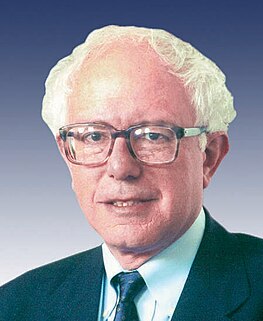
The 2006 United States Senate election in Vermont was held November 7, 2006. Incumbent independent Senator Jim Jeffords decided to retire rather than seek re-election to a fourth term in office and Bernie Sanders was elected to succeed him.

Peter Francis Welch is an American politician serving as the U.S. Representative for Vermont's at-large congressional district since 2007. He is a member of the Democratic Party and has been a major figure in Vermont politics for over three decades.

The United States House of Representatives election in Vermont, 2006 was held on November 7, 2006 for representation of Vermont's at-large congressional district in the United States House of Representatives from January 3, 2007 to January 3, 2009.

The United States House of Representatives elections in Oregon, 2006 were held on November 7, 2006 to select Oregon's representatives to the United States House of Representatives. All five seats were up for election in 2006, as they are every two years. All five incumbents were re-elected, four of them by large margins; only the 5th district was somewhat competitive.
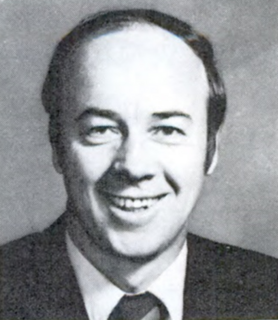
Floyd James Fithian was an American politician who was a member of the United States House of Representatives from Indiana. A member of the Democratic Party, Fithian represented Indiana's 2nd congressional district from 1975 into 1983.

The 2008 congressional elections in Wisconsin were held on November 4, 2008 to determine who would represent the state of Wisconsin in the United States House of Representatives. Representatives were elected for two-year terms; those elected served in the 111th Congress from January 3, 2009 until January 3, 2011. The election coincided with the 2008 U.S. presidential election and other Wisconsin elections.

The 2008 United States House of Representatives election in Vermont was held on November 4, 2008 and determined who represents the state of Vermont in the United States House of Representatives. Democratic Congressman Peter Welch decided to run for a second term in Congress, and, in an aberration for a freshman member of Congress, encountered no major-party opposition. Welch defeated a series of independent candidates with ease and represented Vermont in the 111th Congress.
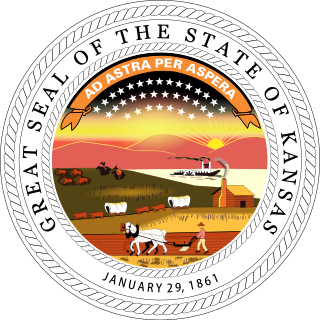
The 2010 congressional elections in Kansas were held on November 2, 2010, and determined who would represent the state of Kansas in the United States House of Representatives. Kansas has four seats in the House, apportioned according to the 2000 United States Census. Representatives are elected for two-year terms; the elected served in the 112th Congress from January 3, 2011 until January 3, 2013.

The United States House of Representatives elections in Oregon, 2010 were held on November 2, 2010, to determine who would represent the state of Oregon in the United States House of Representatives. Oregon has five seats in the House, apportioned according to the 2000 United States Census. All five incumbents, four Democrats and one Republican, were re-elected to another term. Representatives were elected for two-year terms to serve in the 112th Congress from January 3, 2011 until January 3, 2013; however, re-elected Congressman David Wu resigned partway through his term on August 3, 2011, and a special election was held to fill the rest of his unexpired term.
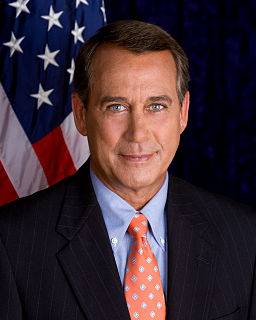
The 2010 congressional elections in Wisconsin were held on November 2, 2010 to determine who would represent the state of Wisconsin in the United States House of Representatives. It coincided with the state's senatorial and gubernatorial elections. Representatives were elected for two-year terms; those elected would serve in the 112th Congress from January 2011 until January 2013.

The 2012 United States House of Representatives election in Vermont was held on Tuesday, November 6, 2012 to elect the U.S. Representative from the state's at-large congressional district. The election coincided with the elections of other federal and state offices, including a quadrennial presidential election and an election to the U.S. Senate. A primary election was held on August 28, 2012.

The 2014 United States House of Representatives election in Vermont took place on November 4, 2014, to elect the U.S. Representative from Vermont's at-large congressional district, who is currently representing the state of Vermont in the 114th United States Congress.

The 2016 United States House of Representatives elections in Louisiana were held on November 8, 2016, to elect the six U.S. Representatives from the state of Louisiana, one from each of the state's six congressional districts. The elections coincided with the 2016 U.S. presidential election, as well as other elections to the House of Representatives, elections to the United States Senate and various state and local elections.
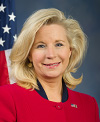
The 2016 United States House of Representatives election in Wyoming was held on November 8, 2016 to elect the U.S. Representative from Wyoming's at-large congressional district, who will represent the state of Wyoming in the 115th United States Congress. The election coincided with the 2016 U.S. presidential election, as well as other elections to the House of Representatives, elections to the United States Senate and various state and local elections.

The 2016 United States House of Representatives elections in Oregon were held on November 8, 2016, to elect the five U.S. Representatives from the State of Oregon, one from each of the state's 5 congressional districts. The elections coincided with the 2016 U.S. presidential election, as well a senatorial election and the special gubernatorial election, and elections to local offices. The primaries were held on May 17.
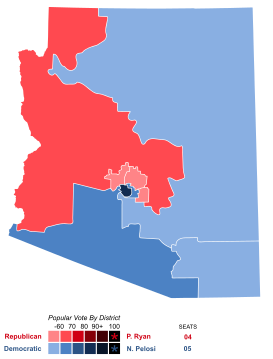
The 2018 United States House of Representatives elections in Arizona were held on November 6, 2018, to elect the nine U.S. Representatives from the state of Arizona, one from each of the state's nine congressional districts. The elections coincided with the 2018 Arizona gubernatorial election, as well as other elections to the House of Representatives, elections to the United States Senate and various state and local elections. The 2018 general elections saw the Democratic party gain the 2nd Congressional district, thus flipping the state from a 5–4 Republican advantage to a 5–4 Democratic advantage, the first time since the 2012 election in which Democrats held more House seats in Arizona than the Republicans.

The 2018 United States House of Representatives elections in Oregon were held on Tuesday, November 6, 2018, to elect the five U.S. Representatives from the U.S. state of Oregon; one from each of the state's five congressional districts. Primaries were held on May 15, 2018. The elections and primaries coincided with the elections and primaries of other federal and state offices.

The 2018 United States House of Representatives election in Vermont will be held on November 6, 2018, to elect the U.S. Representative from the state of Vermont from Vermont's at-large congressional district. The election coincided with other elections to the House of Representatives, elections to the United States Senate and various state and local elections. The primaries will be held on August 14.






















